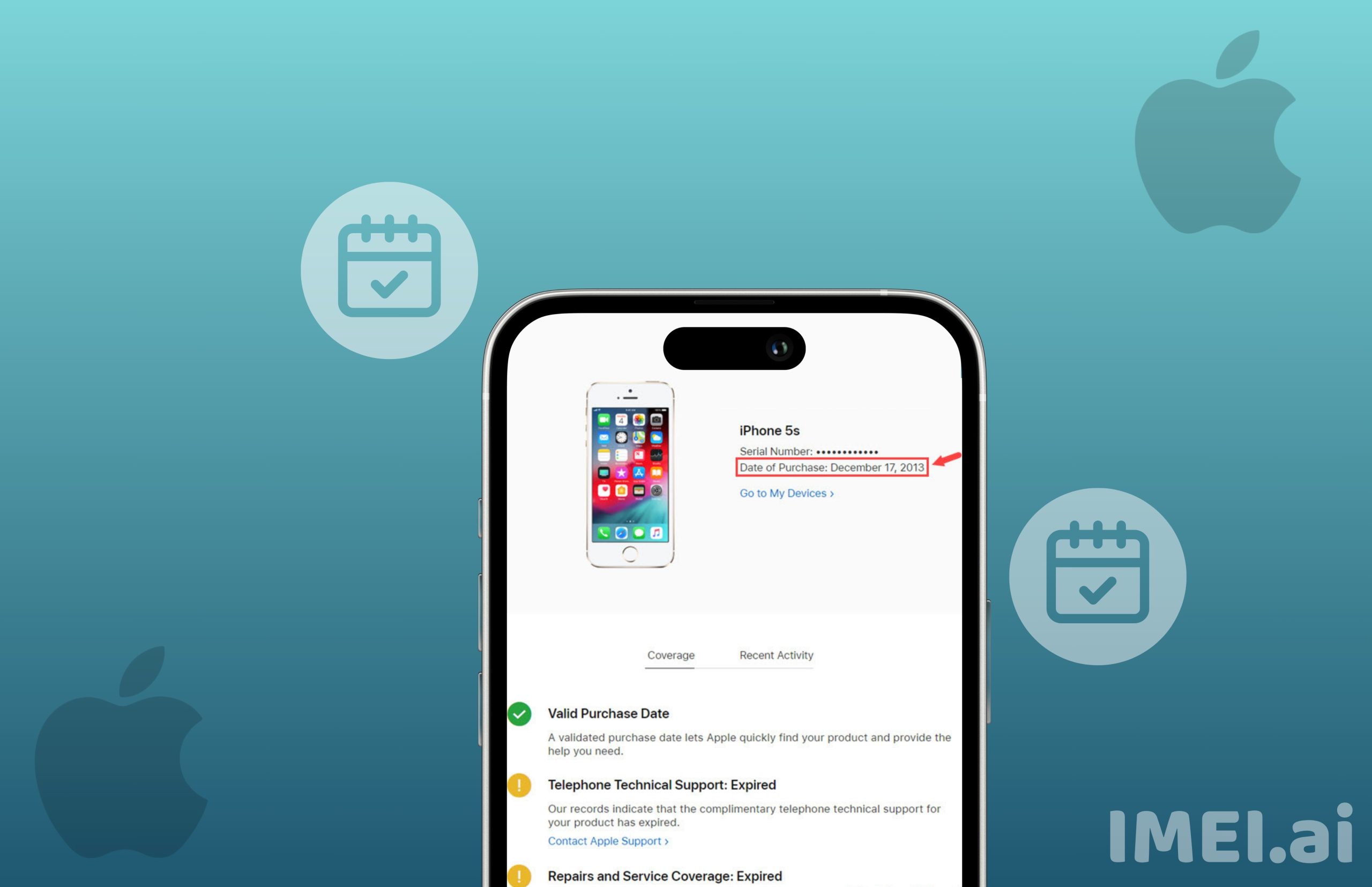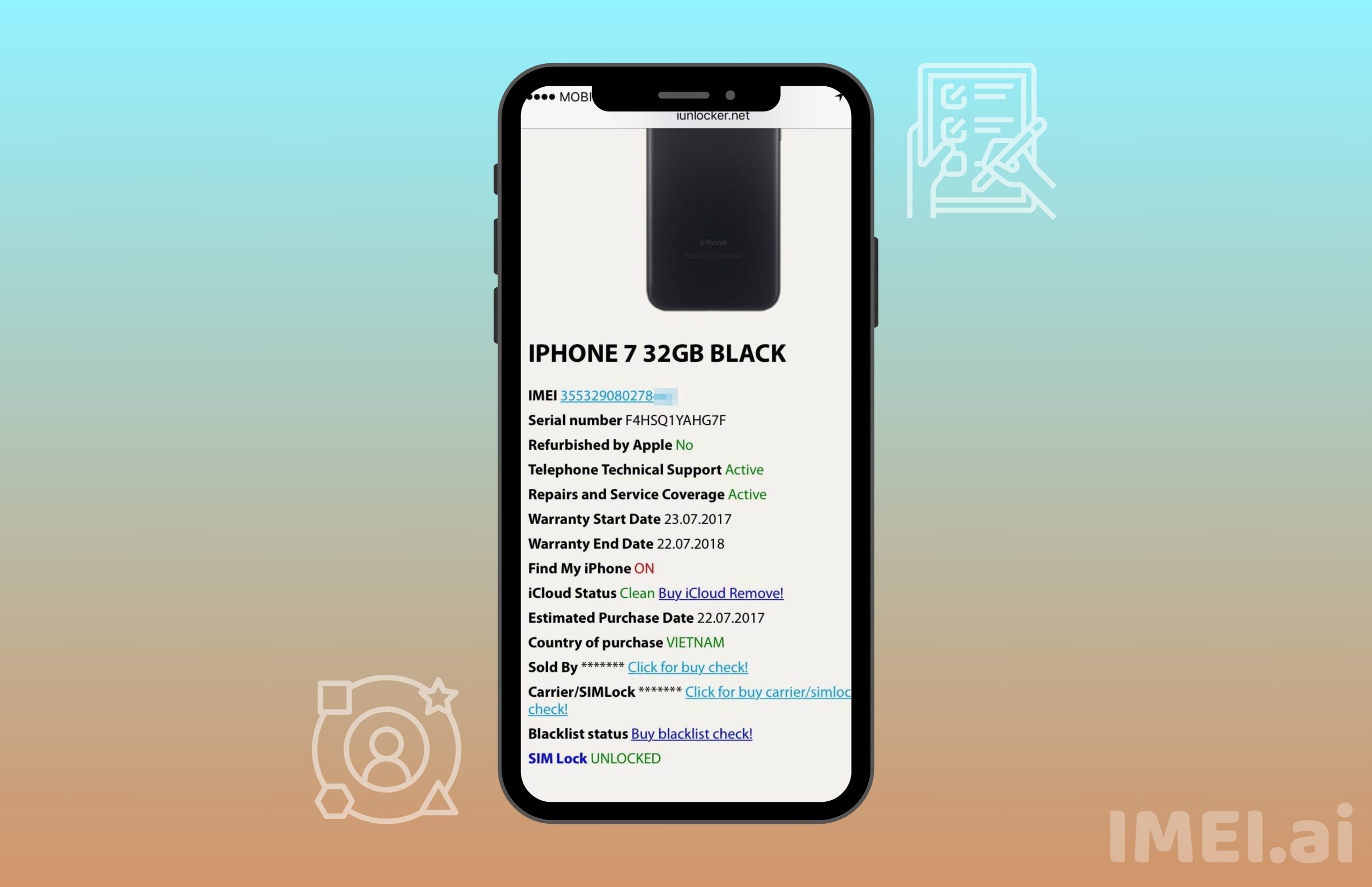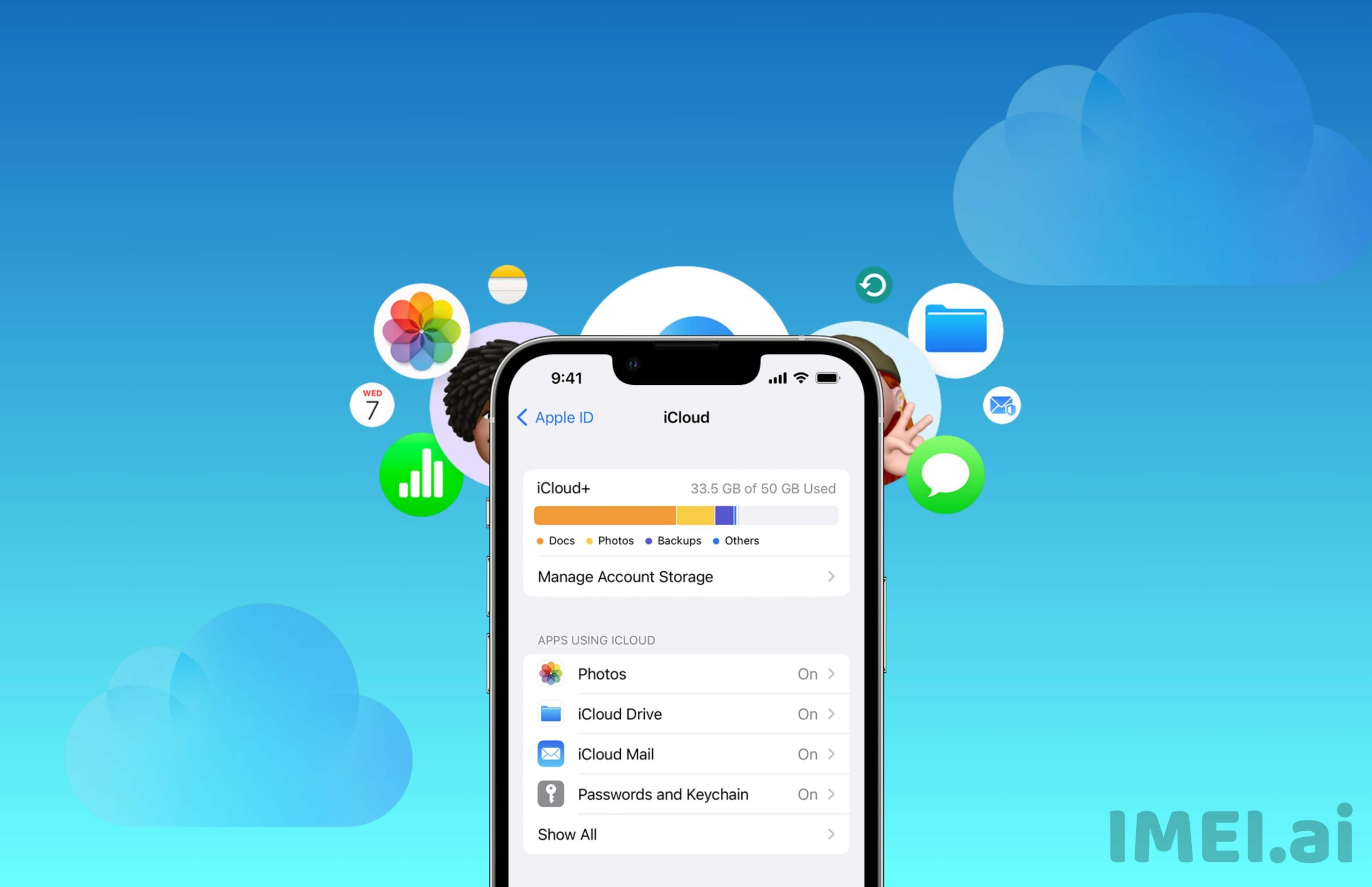
- Guides
Is it Worth the Price? Evaluating AT&T’s Charges for SIM Card Unlocking in 2023
September 9, 2023
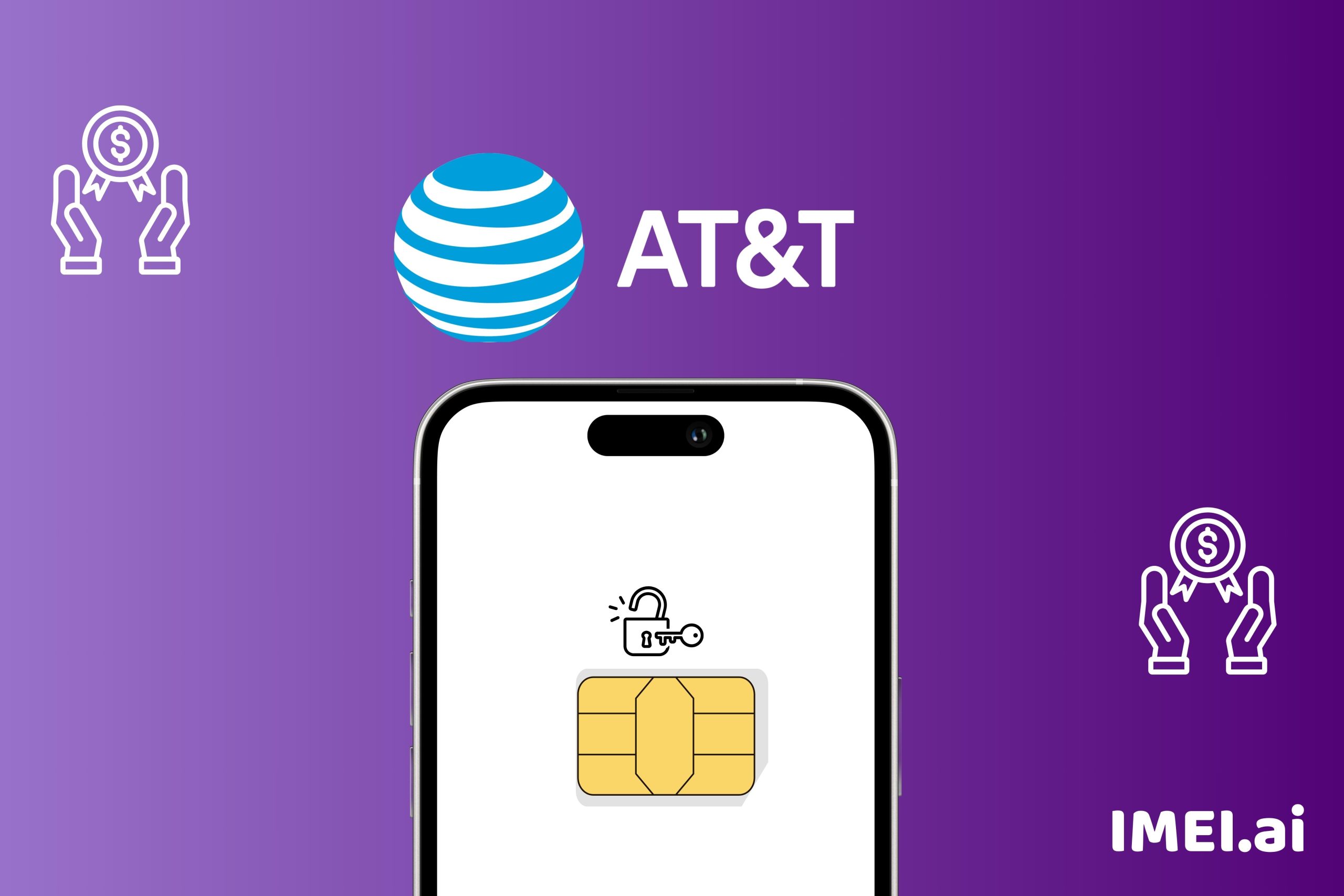
Unlocking a SIM card can open up a world of possibilities, from switching carriers to using your beloved device while traveling. But is the price tag attached to AT&T’s SIM card unlocking service worth it? We’ve delved into the depths of their charges and dissected all the details to bring you an in-depth evaluation. So, if you’re ready for some enlightening insights and surprising revelations, join us as we uncover whether AT&T’s fees for SIM card unlocking are truly worth every penny or just another unnecessary expense. Let’s dive right in!
Table of Contents
Introduction to AT&T’s SIM Card Unlocking Policy
AT&T’s SIM card unlocking policy is designed to give customers the ability to use their devices on other carriers’ networks. The policy applies to both postpaid and prepaid customers, and provides a simple process for unlocking AT&T-locked phones.
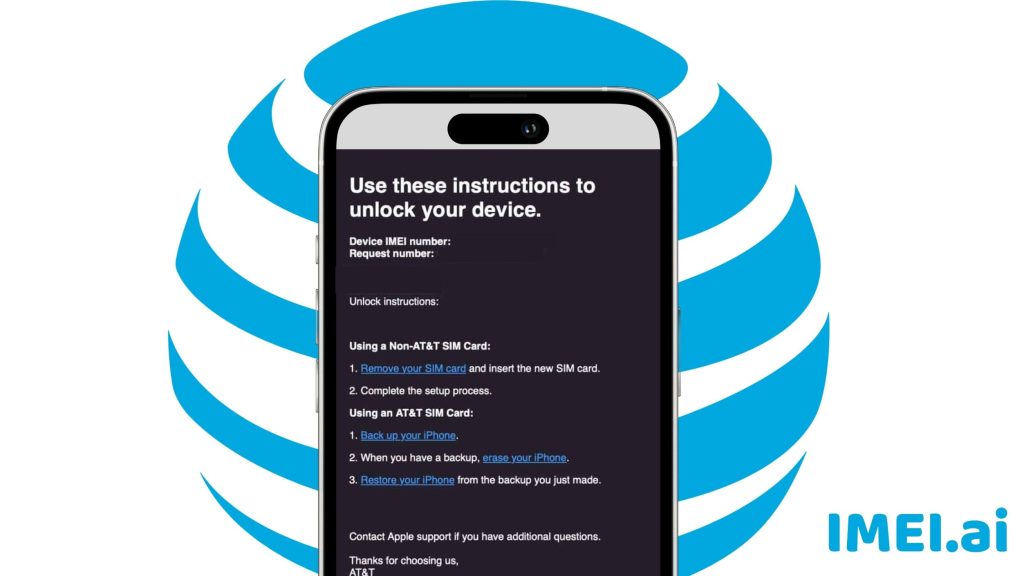
There are two ways to unlock an AT&T phone: through customer request or through a third-party provider. To unlock a phone through customer request, customers must have their device active for at least 60 days, have no past due or unpaid balances, and not have reported their device as lost or stolen. Customers can also unlock up to 5 devices per account per year.
To unlock a phone through a third-party provider, customers must provide the provider with the IMEI number of their device, as well as proof of purchase. Once the provider confirms that the device is eligible for unlocking, they will generate an unlock code and provide it to the customer. The customer can then enter the code into their device to unlock it.
Once unlocked, customers can use their device on any carrier’s network. However, they should be aware that some features and services may not be available on all networks. For example, AT&T’s visual voicemail service will not work on Verizon’s network. Additionally, unlocked phones may not be compatible with all carrier-specific features, such as Wi-Fi calling or HD voice.
What is a SIM Card?
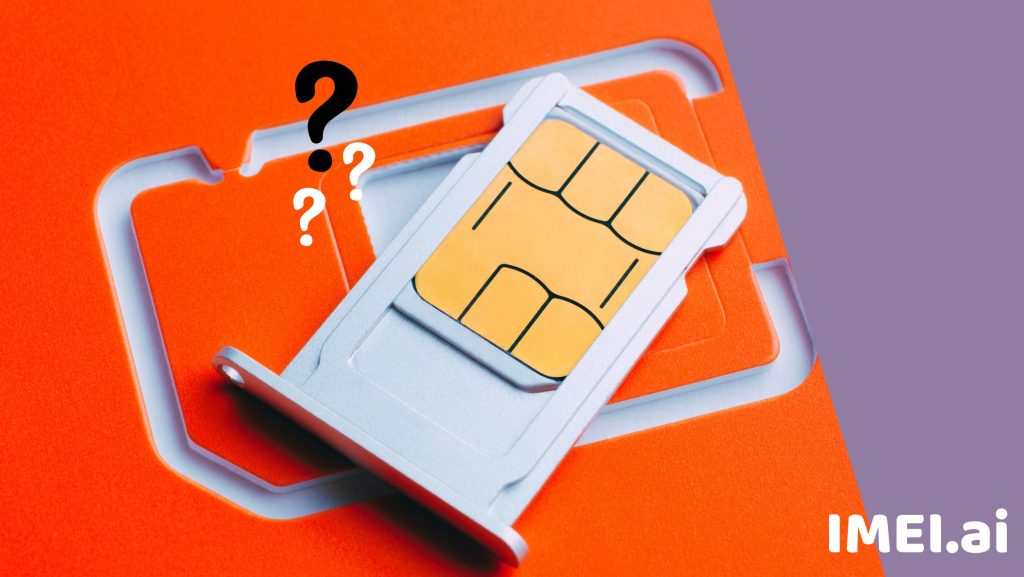
A SIM card is a small, removable card that stores information for GSM cellular phones. This information includes the phone number, contact list, text messages, and other data. The card can be swapped out of one phone and into another phone with relative ease, making it a popular choice for those who travel frequently or have multiple phones. AT&T charges a fee of $25 to unlock a SIM card on its network.
How Much Does AT&T’s Charges for SIM Card Unlocking?
AT&T currently charges $25 for a SIM card unlock. This price may seem high when compared to other carrier’s unlocking fees, but it is important to remember that AT&T is one of the only carriers that offers this service. When considering whether or not to unlock your SIM card, it is important to evaluate all of the potential costs and benefits.
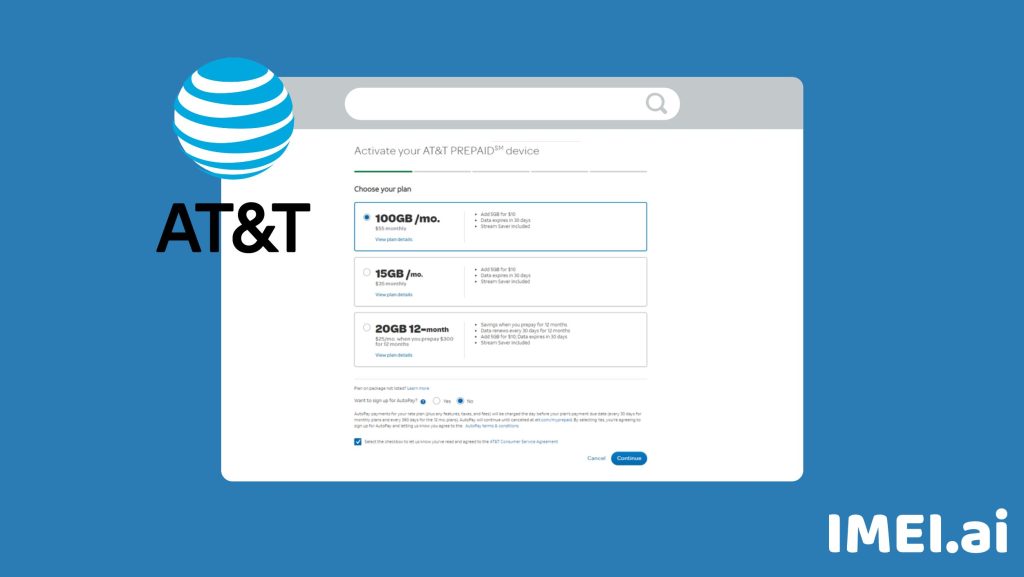
The first cost to consider is the fee itself. As mentioned above, AT&T currently charges $25 for a SIM card unlock. This fee may be worth it if you plan on using your phone with another carrier or if you are traveling internationally and need to use a local SIM card. However, if you do not have a specific reason for unlocking your SIM card, you may want to reconsider as there are other potential costs associated with unlocking your AT&T phone.
One potential cost is that you may void your warranty by unlocking your SIM card. If something goes wrong with your phone after you unlock it, AT&T may refuse to provide warranty coverage. Additionally, unlocked phones typically do not work as well on AT&T’s network as locked phones, so you may experience reduced signal strength or slower data speeds. If you rely heavily on your phone for work or personal use, these reduced capabilities could be frustrating and costly.
Whether or not unlocking your AT&T phone is worth the price depends on your individual needs and circumstances. If you need to use another carrier or travel internationally, the
Are There Any Alternatives?
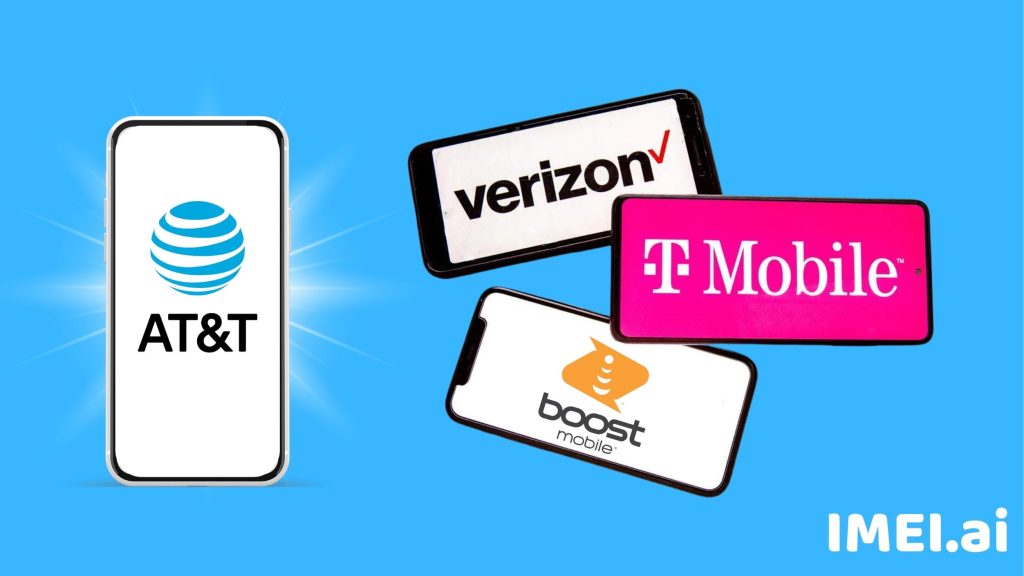
Yes, there are a few alternatives available for those who wish to unlock their AT&T phone. One option is to use an unlock code, which can be purchased online from a variety of sources. Another option is to contact AT&T customer service and request an unlock. Some third-party service providers may also offer unlocking services for a fee.
Pros and Cons of AT&T’s Service
When AT&T customers upgrade to a new phone, they may be eligible to have their old phone unlocked so that it can be used with another carrier. AT&T will charge a fee for this service, and the customer must meet certain requirements.
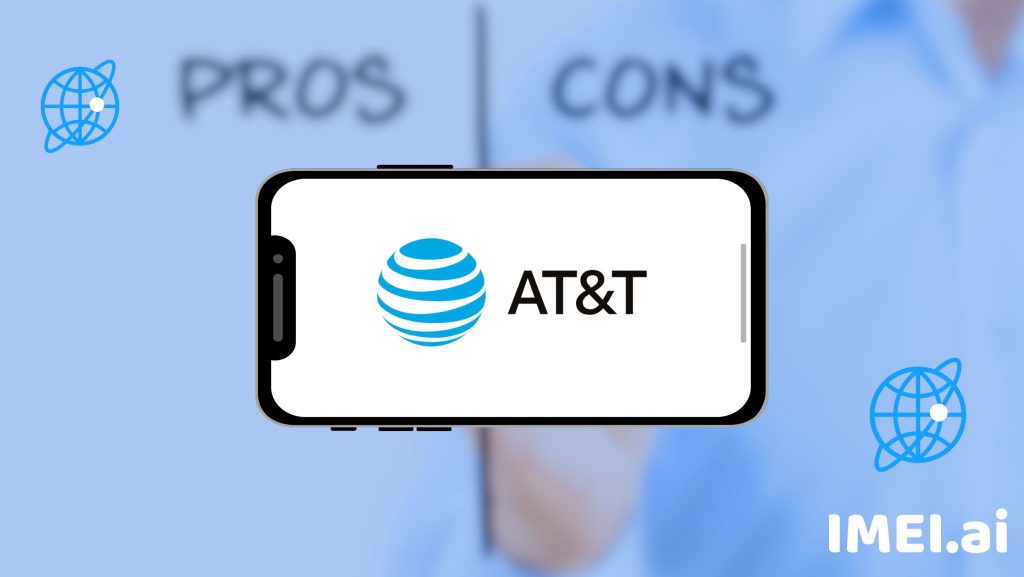
Some customers may find the fee to be worth it, as it allows them to keep their old phone and use it with another carrier if they wish. Other customers may feel that the fee is too high, especially considering that AT&T will still profit from customers who continue to use their old phones on the AT&T network.
There are pros and cons to AT&T’s service charge for SIM card unlocking. Some customers may find the fee to be worth it, while others may feel that it is too high. Ultimately, the decision of whether or not to pay the fee will come down to each individual customer’s needs and budget.
The Bottom Line: Is It Worth the Price?
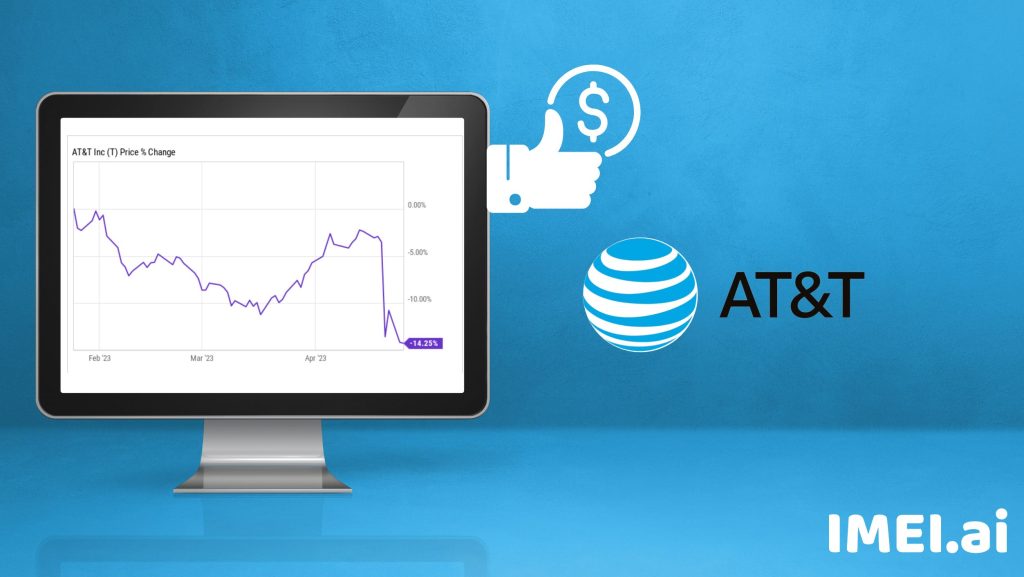
If you’re looking to save money on your cell phone bill, AT&T’s SIM card unlocking fee may not be worth the price. AT&T charges a $25 fee for SIM card unlocks, which is higher than what other carriers charge. In addition, AT&T’s unlocking process can take up to 10 business days. If you need your phone unlocked sooner, you may want to consider another carrier.
Conclusion
In conclusion, AT&T’s charges for unlocking a SIM card can be expensive and time-consuming. However, if you need to unlock your phone so that it can work with different carriers or networks, then AT&T is one of the best options out there. It offers reliable services at competitive prices, and its customer service team is always available to help you with any questions or issues that arise. Ultimately, whether their fees are worth the price will depend on your individual needs and budget.
